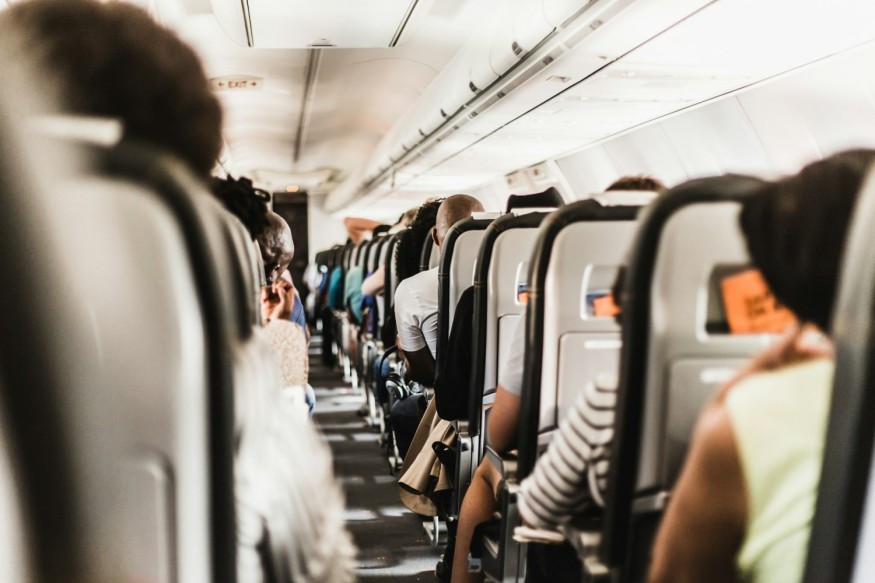Everything is going up these days-your morning coffee, your weekly groceries, and yep, even your Netflix subscription. Now, it looks like your next flights are about to join the party.
You might think that after the ups and downs airlines faced during the pandemic, we'd catch a break. Well, think again! The International Air Transport Association has just spilled the beans at their annual meeting in Dubai, and the news is not too sunny for us globe trotters.
Here's why your next flights could cost you more than ever.

Jet Fuel Prices Are Skyrocketing
When you look at your flight bill, a big chunk of that cost comes from jet fuel. Since the pandemic, the price of jet fuel has soared and does not show signs of coming down soon.
It makes up roughly a third of an airline's total expenses. With global demands and conflicts affecting oil prices, airlines are in a tight spot. They have to pass some of these costs onto travelers like you, making your flights pricier.
The Green Push Adds to the Pressure
Airlines are not just dealing with high fuel prices but also under pressure to go green. The aviation industry is racing to reduce its carbon footprint by using sustainable aviation fuel (SAF).
However, SAF is not widely available yet and is more expensive than traditional jet fuel. This scarcity and high cost mean airlines are struggling to find enough of it, which in turn pushes up the price of flights.
Related Article : When to Book Flights for Maximum Savings - Try These Tips
Old Planes, New Problems
Another reason your flights might cost more is the age of the planes you are flying in. Due to production delays during the pandemic, airlines are keeping older aircraft in service longer. These planes are less fuel-efficient than newer models, which means they cost more to operate.
Since there are not enough new planes to meet travel demands, airlines have fewer options but to keep using these old gas-guzzlers. This results in higher operational costs, which translates to more expensive tickets for you.
The Surprising Cost of Flying High
You might be wondering, with all these rising costs, how are airlines still profitable? The truth is, while expenses are high, so are revenues. This year alone, the airline industry is expected to rake in nearly €1 trillion.
This revenue comes from both the high volume of passengers and the high costs of flights. So even though airlines are facing tough times with rising expenses, they are still making money-thanks to travelers who continue to fly despite the higher prices.
What This Means for Your Wallet
All these factors contribute to the rising cost of air travel. As airlines navigate through higher fuel costs, the push for sustainability, and the challenge of aging fleets, they have little choice but to increase ticket prices.
For travelers like you, this means budgeting more for your trips or finding new ways to save on travel. As we move forward, keeping an eye on these trends can help you better plan and manage your travel expenses.
This article is copyrighted by Travelers Today, the travel news leader




